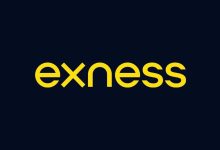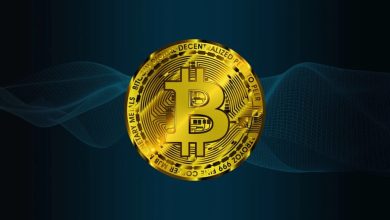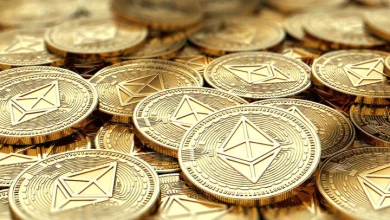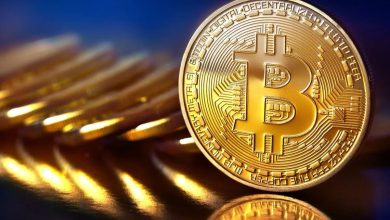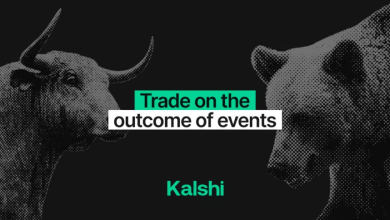FinCEN: Iran Used Dubai, Hong Kong, Singapore to Move $9B Despite Sanctions
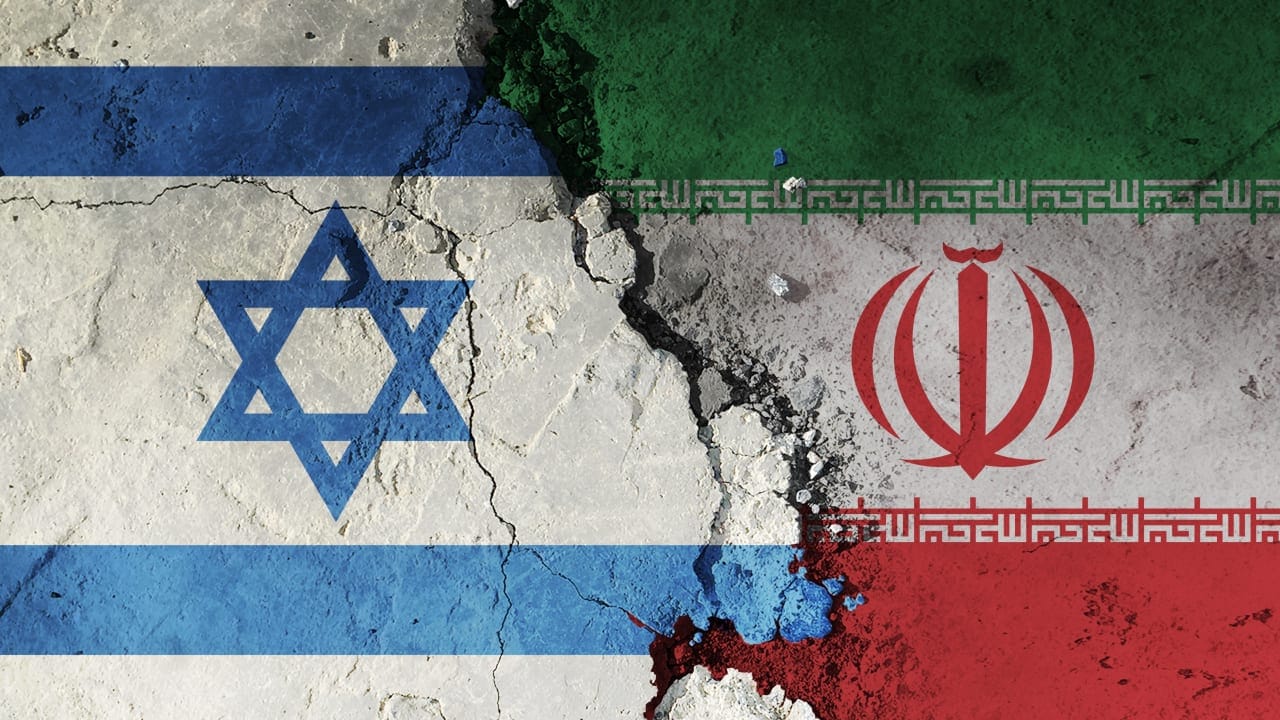

A new analysis from the U.S. Treasury’s Financial Crimes Enforcement Network (FinCEN) has uncovered roughly $9 billion in transactions tied to what officials call an Iranian “shadow-banking” web that reached U.S. correspondent accounts through front companies and shipping intermediaries across Asia and the Gulf.
The October 2025 Financial Trend Analysis (FTA), drawn from 2024 Bank Secrecy Act filings, maps a network of oil traders, shell firms, and investment vehicles that FinCEN says moved funds for Iranian state-linked entities despite sanctions. The data show flows clustering in the United Arab Emirates—especially Dubai—alongside Hong Kong and Singapore, highlighting how third-country structures continue to serve as conduits for Iran’s restricted trade.
About $5 billion of the total passed through shell companies, many registered in Hong Kong but using non-resident accounts at mainland Chinese banks, while nahead $4 billion ran through oil-sector firms believed to act for Iranian producers in the UAE and Singapore. Roughly $413 million involved technology procurement for Iran’s defense and aerospace sectors, FinCEN said in the report.
The release is intended to sharpen monitoring of high-risk payment corridors following a June 2025 Treasury advisory that replaced FinCEN’s 2018 guidance on Iran. That earlier notice warned lenders about Tehran’s use of platform houses and trading fronts to access dollars; the new version expands the typologies and adds modern red flags drawn from recent suspicious-activity reports.
A long shadow from past sanctions
The analysis caps more than a decade of cat-and-mouse enforcement. When sanctions tightened between 2012 and 2016, Iranian firms built layers of intermediaries—traders, money-changers, ship managers—to bypass banking blocks. The brief reprieve during the 2015 nuclear deal ended in 2018, when the U.S. reinstated sanctions and FinCEN issued its earlier advisory, now rescinded.
By 2020, independent research by groups such as the Carnegie Endowment was already warning that and corporate registries offered ideal cover for trade-based laundering. Those findings echo through FinCEN’s latest data, which show more than half of the UAE-linked flows moving through on-shore Dubai limited-liability companies, many appearing to exist only on paper.
The pattern grew clearer in 2024, when the (OFAC) sanctioned a network accused of moving billions for Iran’s defense ministry and the Revolutionary Guard. Subsequent press and UAE entities routing petrochemical revenue through shell accounts.
The twin strike of June 2025
On June 6 this year, Treasury took what officials called a “twin strike”: OFAC blacklisted more than 30 entities tied to brothers Mohammad and Mehdi Zarringhalam, whose currency-platform and front-company web allegedly laundered oil revenue across Asia. The identical day, FinCEN issued its new Iran advisory, outlining updated typologies for oil smuggling, shadow-banking, and procurement.
The October FTA crystallizes that advisory’s data picture, giving compliance officers the granular evidence behind those red flags.
How the networks operate
FinCEN lists four main channels. The largest involves oil-trade obfuscation—ship-to-ship transfers, renamed vessels, and payments funneled through law-firm escrow accounts or trading companies to disguise origin. A second centers on “shell-company ping-pong”, where paper firms in among each other and into Chinese NRAs.
A third typology traces procurement payments from Hong Kong shells to suppliers in Oman, Qatar, and China providing dual-use electronics for sanctioned defense bodies such as the Aerospace Industries Organization (AIO) and Shahid Babaei Industries Group (Slarge). The last involves investment-market access, with entities using brokerage accounts to margin oil trades or move collateral—flows FinCEN estimates at $665 million.
Dubai remains attractive for its light-touch formation rules and the opacity of free-zone registries like the DMCC. Hong Kong companies, meanwhile, gain access to China’s banking rails via NRAs, letting them move dollars through global correspondents without triggering Iran-specific blocks. Singapore appears smaller in volume but recurs in oil-shipping transactions.
FinCEN said 81 percent of Hong Kong-linked flows relied on Chinese NRAs, underscoring the mainland connection. The report urges banks to scrutinize counterparties in these jurisdictions, especially when trade documents, cargo details, or payment purposes appear inconsistent.
The FTA lands as OFAC keeps tightening the screws on Iran’s weapons-procurement web, adding fresh designations through late 2025 targeting electronics brokers and aviation suppliers linked to AIO, Slarge, and the Shahid Eslami Industries Group (SEI).
“These findings reflect the continued evolution of Iran’s tactics to exploit the international financial system,” the report says, urging institutions to update screening for shell structures, escrow accounts, and layered oil payments.
